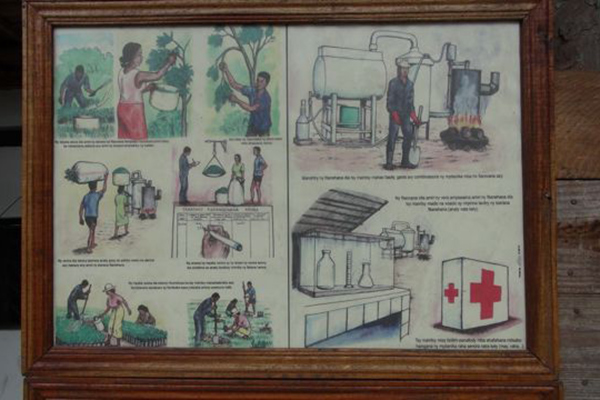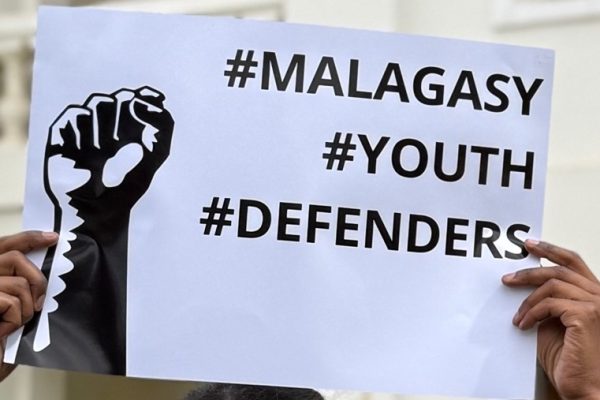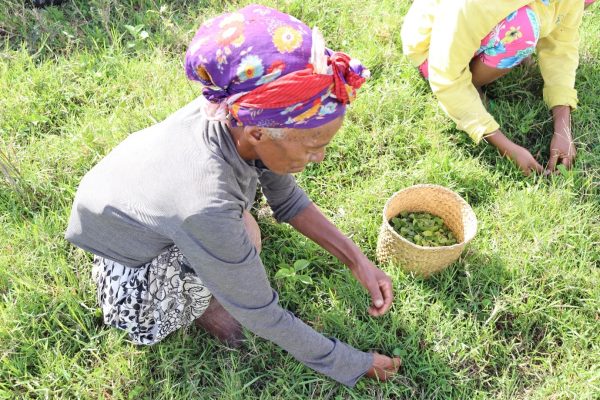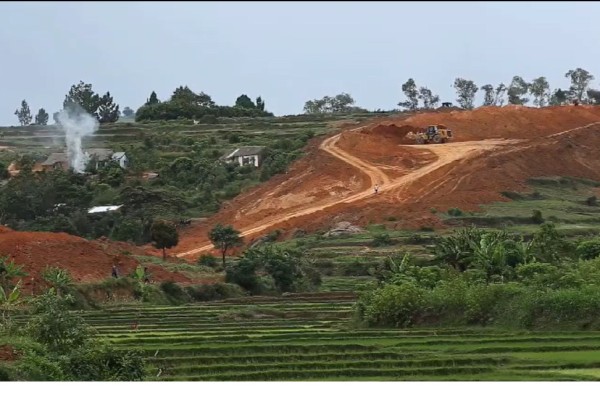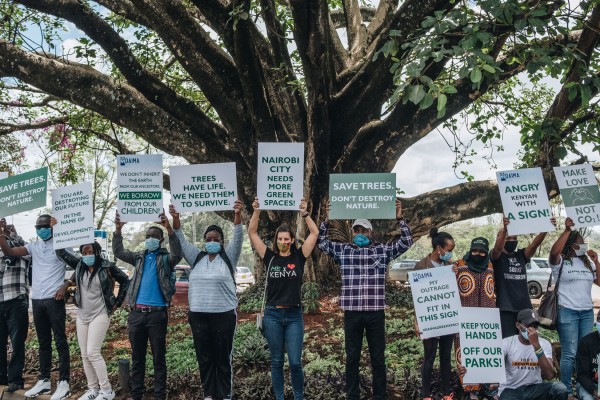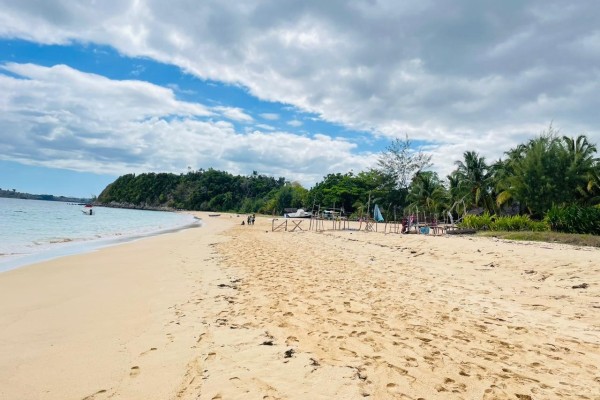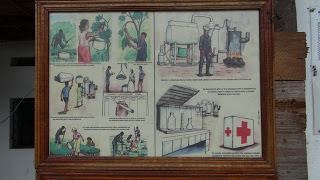
From 9-10 November, the last of three pilots linking the use of elements of biocultural community protocols (BCPs) in a Ethical BioTrade context took place in Vohimana, Madagascar. The series of pilots is part of a joined project between the Union for Ethical Biotrade (UEBT), GIZ, and Natural Justice aiming to explore the use of BCPs as a means to support UEBT members to strengthen their relationships with the local communities from whom they source natural ingredients. Vohimana is a 1600-hectare (ha) experimental reserve created by the NGO L’Homme et L’Environment. The area is a biodiversity hotspot and is divided into an 800 ha conservation zone, a reforestation zone, a production zone, and a residential area where several villages are located. In addition to conservation and restoration, the aim of the reserve is to generate sustainable livelihoods through promoting a range of activities that support the local communities to use the area sustainably. The activities include the promotion of a number of small micro-businesses ranging from eco-tourism to the production of essential oils used as ingredients for cosmetics.
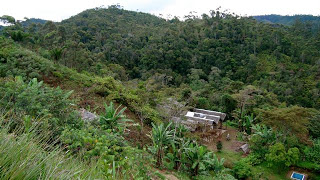
For the production of essential oils, a number of local plants are either wildly harvested or locally cultivated. They include a number of ginger species, as well as cardamon, turmeric, and iary, which are subsequently locally distilled into essential oils that pass a range of international quality standards, allowing the oil to be fit for exportation. The local communities have formed an association of collectors, harvesters and distillers called APPUI PAM Manara-penitra, which has 46 active members. This association’s only client is a company called Aroma Forest, a UEBT member since 2010, though most of its engagement with the company takes currently place through L’Homme et L’Environment.
The two-day session was facilitated by an independent consultant who had held three community meetings beforehand. The two days were split between another community internal discussion, followed up by a dialogue between APPUI PAM and L’Homme et L’Environment. In the dialogue, participants discussed the challenges they were facing, commitments towards sustainable wild cultivation and harvesting, and mutual expectations for the future. Key elements of the discussion included, among others, challenges they were facing with respect to administrative expenses and procedures, the need for child care facilities at different locations, the hope to increase cultivation to increase supply, and the long-term aim of the association to become more independent from the NGO and deal more directly with Aroma Forest. The session was concluded with participants acknowledging the importance of such discussions and the importance of keeping this process ongoing. The next meeting date was established for the 7th of December, this time to also include Aroma Forest as the third stakeholder in the relationship.

